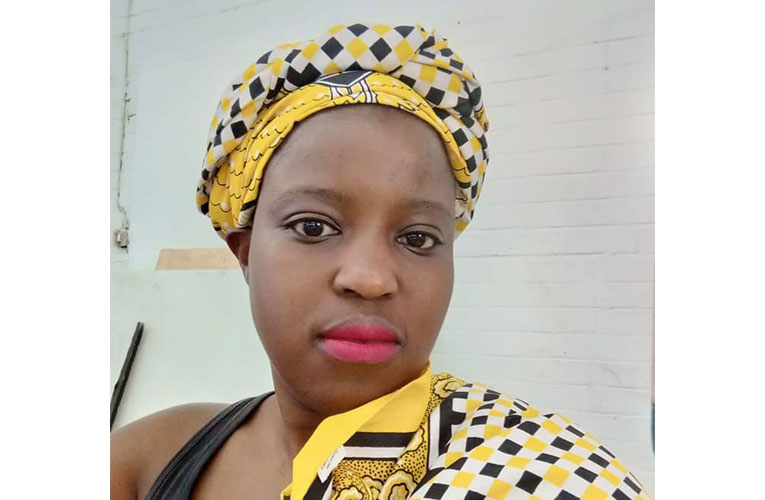Dance teacher Cebile Dube stitching broken lives of acommunity through an indigenous festival at stigmatised Rhodes Park in Kensington
By Edward Tsumele, CITYLIFE/ARTS Editor
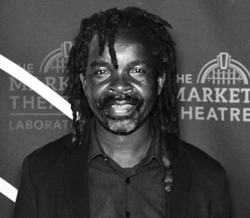
When you mention Rhodes Park, a beautiful space that has a lake and enticing environment that says to you come in and enjoy an afternoon of leisurely walks and enjoyment of life in the Johannesburg suburb of Kensington these days, one thing that crops up in the conversation is the stigma that is now associated with this beautiful space.
The thing is in 2015, something terrible happened there, and it did not only shake the surrounding communities in the park’s neighbouring suburbs of Bez Valley, Kensington and Bertrams, but the whole country. There was murder and rape of innocent people enjoying their sunny afternoon in this park. One of the criminals confessed in court that he and his friends raped and robbed two couples and killed a man by drowning him in the lake in 2015. The High Court in Palm Ridge where the accused stood trial was told.
That cruel attack on the couples brought immense damage to the reputation of this beautiful park, and there is even a stigma still lingering around this space. This is making communities around this park fear to enjoy life. Simple but important things in human existence such as a leisurely walk in deep contemplation about life, watching the birds on tree tops chirping and doing their thing, and generally enjoying the amenities in this public space belonging to the City of Johannesburg, are never enjoyed at Rhodes Park anymore.
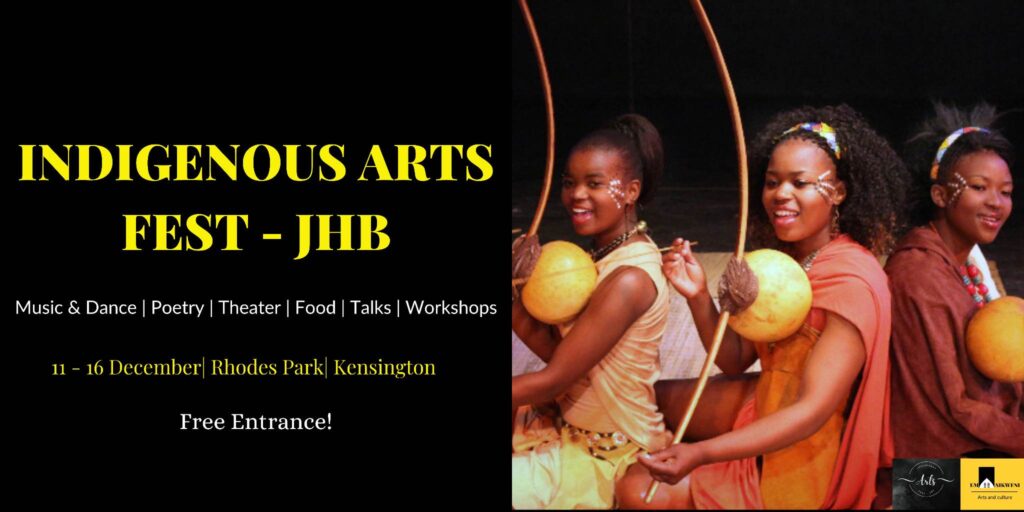
Dance teacher and arts innovator, Cebile Longobozi Dube, who teaches indigenous African dance to mainly the youth and curious adults at Victory Yards under the auspices of Makers Valley in the neighbouring suburb of Bertrams has come up with an innovate way of dealing with this stigma. She has put together an indigenous festival that will see performances in the genres of music, indigenous dance and poetry take place in the Part, starting on Sunday, December 11 and ending on December 16, 2022, Reconciliation Day. This festival, self-funded, is not only meant to rehabilitate the stigmatised park, put also the neighbouring communities, traumatised by poverty, crime and grime and daily desperation for survival.
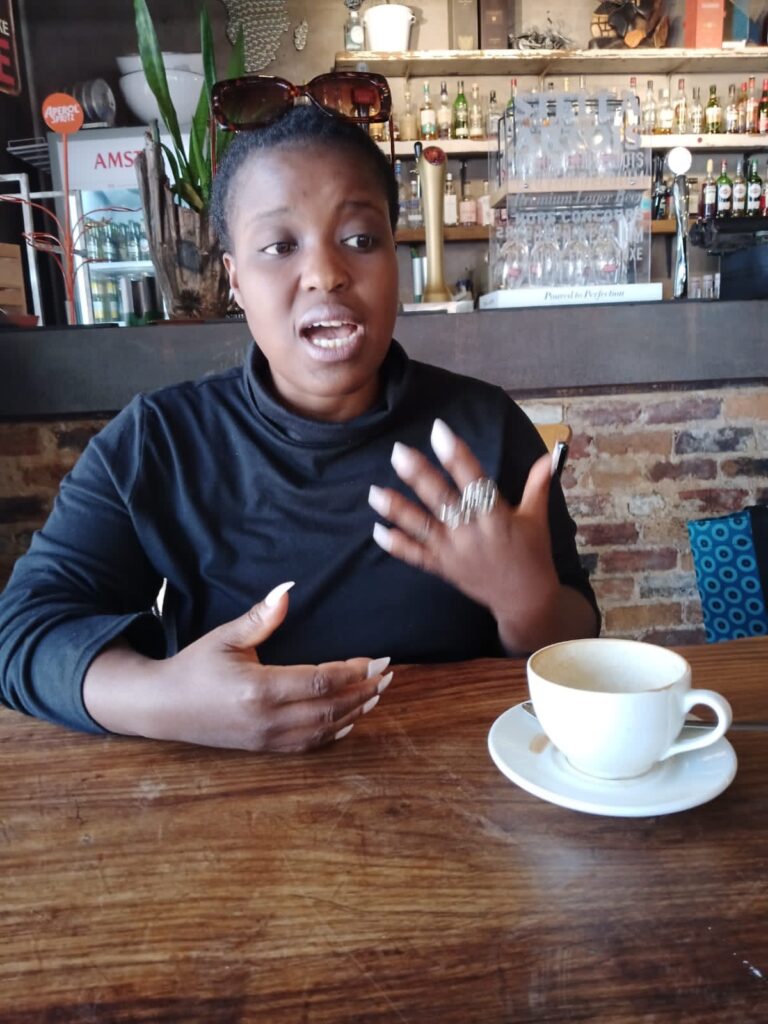
When Dube animatedly talks about the daily struggles of this community, she takes you deep into the depth of desperation afflicting his part of town”: over crowdedness in living spaces, homelessness, unemployment and hunger.
“People around this place fear to venture into this beautiful park even though it is a five minute walk for some of them, for fear of crime and the stigma attached to this place. The arts are an answer to change the situation of not only the park, but people’s lives, inspiring them for a better future. There are so many desperate people around the neighbourhood of the park, including homelessness in places such as Jeppe’s town, overcrowded conditions, children who are not going to school because either their South African parents are poor even to afford transport money to send them to school, or their parents are undocumented immigrants and therefore find it difficult to get their kids into school,” she told Dube told CITYLIFE/ARTS in an interview.
The arts innovator and dance teacher believes that this festival in a way is an essential intervention in not only bringing these communities together in a safe space where they can enjoy indigenous dance that reminds them where they come from, their connection to their roots, but also to remove the stigma associated with this park because of its unfortunate history of crime.
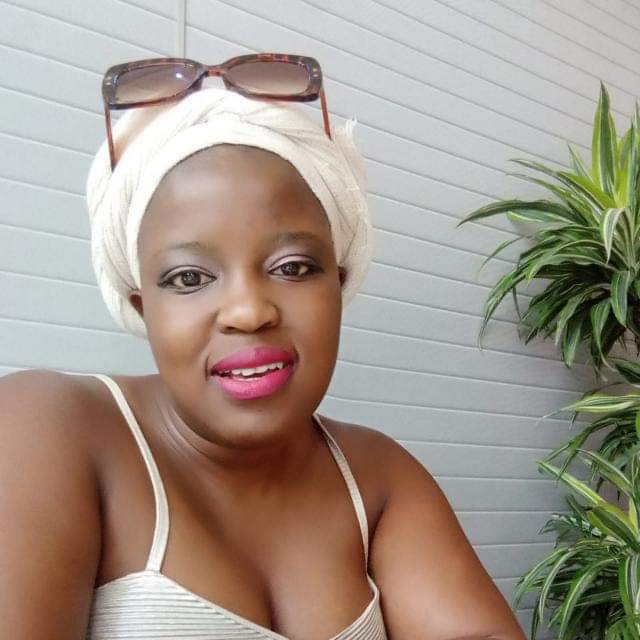
“Since I started teaching indigenous dance at Victoria Yards, involving both adults hungry for a life that they remember back home in their rural settings and that has since been lost in the city, and children who actually suffer from an identity crisis in the big city, I figured out that there is a need for something bigger, something that would bring the community together, and an indigenous cultural festival at Rhodes Park, as far as I am concerned is the answer. I am using my money to pu this together, but hopefully someone with resources will see the need to partner with us going forward. This is an annual event that we hope by time, it will be sustainable with potential sponsors coming on board,”Dube said.
Duve revealed that she applied for funding from art agencies including the National Arts Council, and the National Heritage Council, but her applications did not get positive responses, and therefore she decided to do it own her own with her limited resources.
Ï have a Non-Profit Organisation called Emasikweni Arts and Culture and anybody who wants to assist can do so through that organisation,” she appealed.
Those who are in a position to play a role in the festival can contact Emasikweni Arts and Culture on 0833345756 or 064 6594124.










